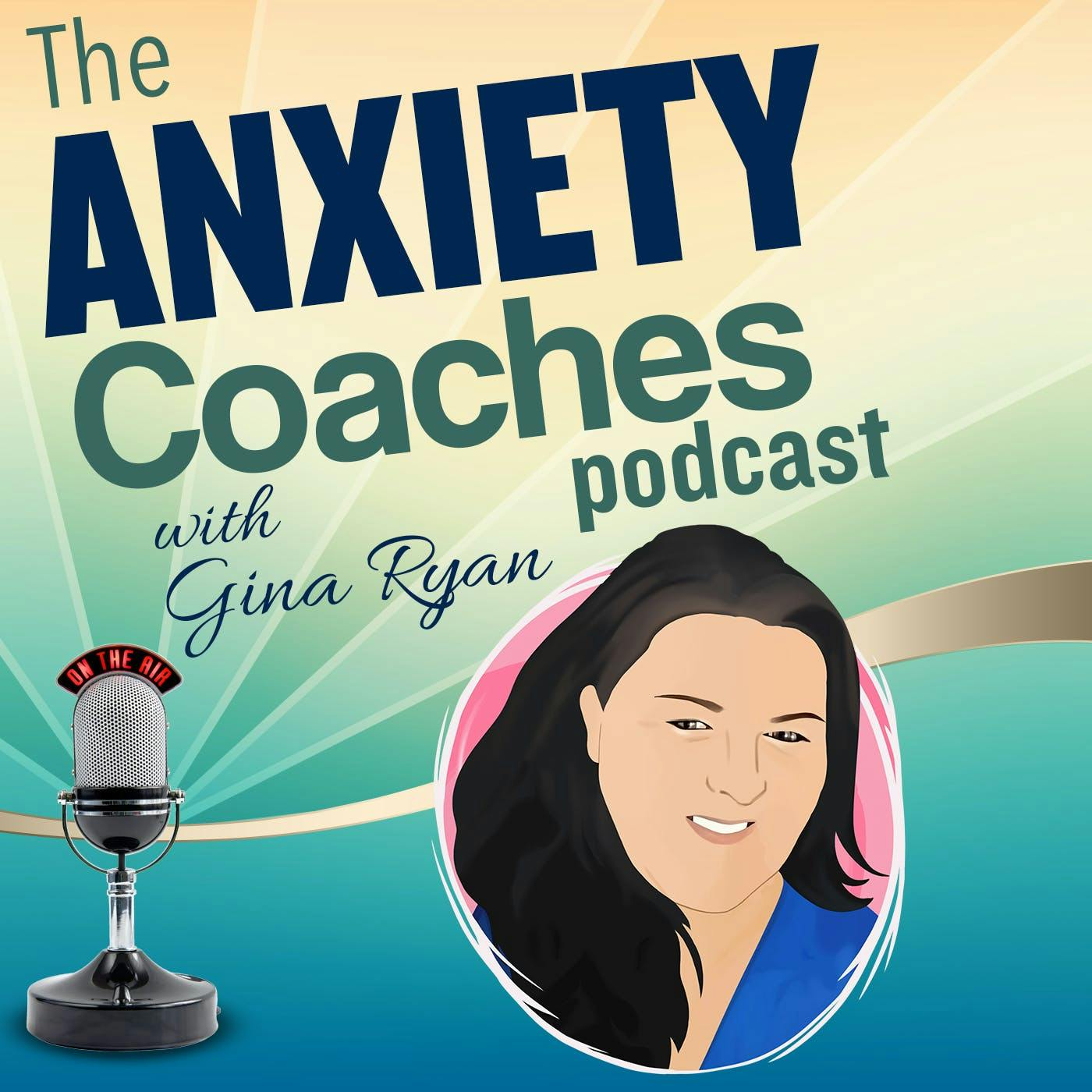949: The Importance of Recognizing Thinking Traps for Managing Anxiety Part 1

Gina discusses anxiety thinking traps and how to use knowledge of these thinking traps to improve our anxiety management and anxiety elimination. Thinking traps can arise as a natural response to stressful or negative events in our lives. Sharing our thoughts traps or conducting self-analysis through journaling are some of the first steps to gaining better understanding of these tendencies. Anxiety recovery becomes natural as we expand our self-knowledge, especially those dimensions that contribute to the anxiety. Listen in and take further steps towards improved self knowledge and anxiety recovery today!
In today's episode, Gina discusses anxiety thinking traps and how to use knowledge of these thinking traps to improve our anxiety management and anxiety elimination. Thinking traps can arise as a natural response to stressful or negative events in our lives. Sharing our thoughts traps or conducting self-analysis through journaling are some of the first steps to gaining better understanding of these tendencies. Anxiety recovery becomes natural as we expand our self-knowledge, especially those dimensions that contribute to the anxiety. Listen in and take further steps towards improved self knowledge and anxiety recovery today!
Please visit our Sponsor Page to find all the links and codes for our awesome sponsors!
https://www.theanxietycoachespodcast.com/sponsors/
Thank you for supporting The Anxiety Coaches Podcast.
Find even more peace and calm with our Supercast premium access membership! https://anxietycoaches.supercast.com/
Here's what's included for $5/month:
❤ New Ad-Free episodes every Sunday and Wednesday
❤ Access to the entire Ad-free back-catalog with over 600 episodes
❤ Premium meditations recorded with you in mind
❤ And more fun surprises along the way!
All this in your favorite podcast app!
To learn more go to:
https://www.theanxietycoachespodcast.com
Join our Group Coaching Full or Mini Membership Program
Learn more about our One-on-One Coaching
Quote:
Blessed are the hearts that can bend; they shall never be broken.
-St. Francis De Sales
Chapters
0:00:53 Recognizing Thinking Traps for Managing Anxiety
0:03:12 Common Triggers and Cognitive Distortions
0:07:58 Importance of Awareness and Strategies to Challenge Distortions
0:13:58 The Importance of Emotional Regulation and Cognitive Distortions
0:15:11 Building Self-Compassion and Resilience through Awareness
0:16:48 Developing a Balanced Thought Process to Manage Anxiety
Summary
In this episode of the Anxiety Coaches Podcast, we delve into the importance of recognizing thinking traps as a way to effectively manage anxiety. Thinking traps, also known as cognitive distortions, have the potential to influence our thoughts and lead to biased thinking if we are not mindful of them. There are several factors that can make us more susceptible to falling into these thinking traps, such as experiencing stressful events or negative experiences in our lives. Additionally, having low self-esteem, engaging in social comparison, being a perfectionist, and having conflicts in our relationships can all contribute to the development of these patterns. We must also consider the role that chronic pain or illness, personal biases, trauma, past experiences, and lack of self-awareness can play in fostering thinking traps.
It is important to note that thinking traps are common and not something to be ashamed of. The goal is not to eliminate them entirely, but rather to become cognizant of when they occur and develop strategies to challenge and reframe them. There are various practices that can be helpful in addressing and reducing the impact of thinking traps, such as mindfulness, journaling, self-reflection, and reading inspirational books. By incorporating these practices into our lives, we become more adept at recognizing and working with our thinking traps, which in turn allows us to decrease stress and emotional distress.
When we become aware of our thinking traps and actively work with them, we can begin to reduce the triggers that lead to anxiety and gain a better understanding of our personal cognitive patterns. Writing down our thoughts or voicing them to someone else aids in the identification of these traps, making it easier for us to recognize the situations or beliefs that trigger our anxiety.
Learn more about your ad choices. Visit megaphone.fm/adchoices












